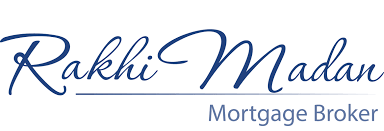There are a lot of misconceptions about Brampton reverse mortgages such as the one offered by the CHIP Mortgage program, and while many believe they know some information about it, there are 3 common mistakes people make. Take a look at the 3 most common misconceptions about reverse mortgages below:
- Your home is owned by the bank.
Over half of Canadian homeowners over 65 years of age are inclined to think that the bank will own your home if you take a reverse mortgage. This is a false belief- the bank actually registers their position on the title of the home much like another bank would register a mortgage. The only difference is in the collection of mortgage payment: with a reverse mortgage the homeowner does not make payments on the mortgage. These payments can be capitalized back into the mortgage, and the entire amount becomes payable when the home is sold or the homeowner passes away. - Your estate is able to owe more than your home.
Once a homeowner secures their reverse mortgage, this mortgage program is unable to get any more compensation from the borrower. Even in cases where the property (or the collateral asset) does not fully cover the entire loan value when the mortgage is paid out, further compensation is not taken. Once the reverse mortgage becomes due, the estate does not pay back more than the market value of the home, ever. This means that the estate is fully protected under a reverse mortgage unlike many other mortgage loans in Canada. - Taking a reverse mortgage at the end of retirement is the best time.
Many Canadians miss out on a great reverse mortgage opportunity because they believe in this misconception. The majority of Canadian seniors do not have plans to sell their home, and they are missing out on tax savings every day that they do not have a reverse mortgage. When used strategically, reverse mortgages can have positive effects on a retiree’s finances, and they can actually provide more benefits when taken in early retirement rather than later. Reverse mortgages such as the CHIP program can be set up to deposit monthly draw outs of an approved amount into the homeowner’s savings. This money can be invested or simply used to support their retirement while being tax free (home equity is non taxable).
Now that you know the truth about reverse mortgages, if you are ready to start benefitting from one yourself contact me today!


